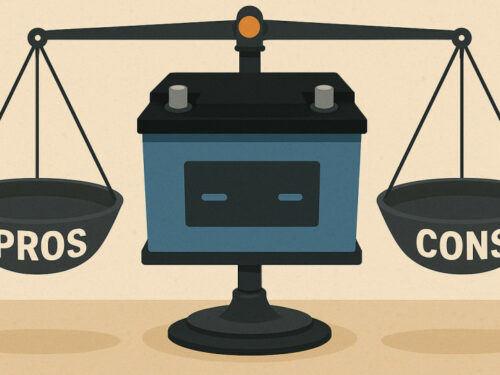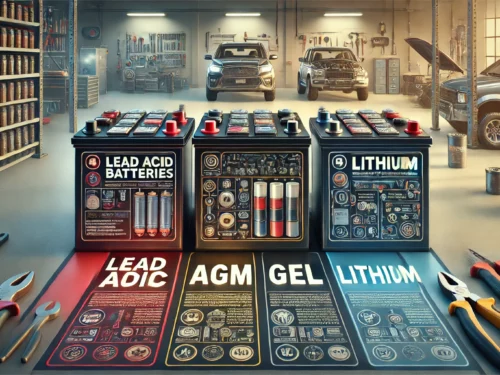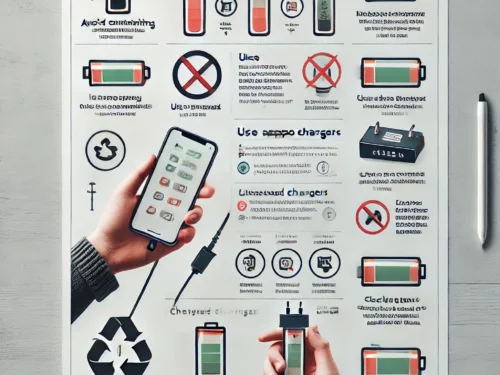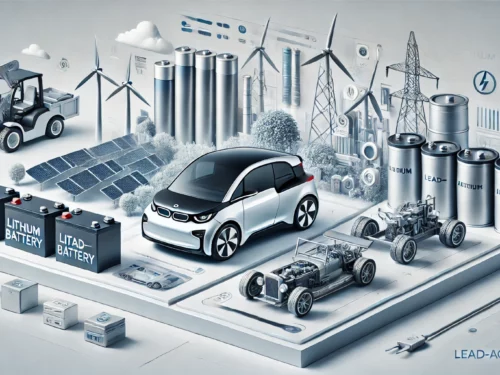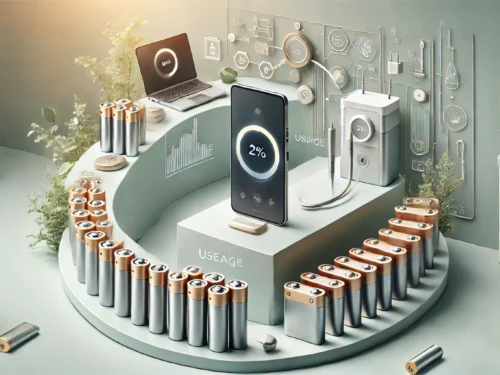Batteries are essential for powering our daily lives, from our smartphones to our cars. But what happens when they die and we throw them away? Improper disposal of batteries can have serious environmental consequences, including toxic pollution and damage to our natural resources. In this article, we’ll explore the importance of proper battery disposal and what you can do to minimize your impact on the environment.
The Problem with Improper Battery Disposal
When batteries are thrown in the trash or end up in a landfill, they can release harmful chemicals into the soil and water. These chemicals can include lead, mercury, cadmium, and lithium, all of which can have negative effects on our health and the environment. For example, lead is a neurotoxin that can cause developmental problems in children and harm wildlife, while mercury can accumulate in the food chain and harm ecosystems.
Even rechargeable batteries, which are often marketed as more eco-friendly than disposable ones, can cause problems if they’re not disposed of properly. When rechargeable batteries are incinerated, they can release toxic fumes into the air.
The Importance of Proper Battery Disposal
Proper battery disposal is important to protect the environment and our health. Recycling batteries can prevent the release of toxic chemicals and reduce the demand for new raw materials. Recycling also conserves energy and reduces greenhouse gas emissions associated with the production of new batteries.
There are a few ways to properly dispose of batteries:
- Recycling: Many cities have programs for recycling batteries, including rechargeable ones. Look for recycling centers or check with your local government for information on where to dispose of your batteries.
- Retail take-back programs: Some retailers, such as electronics stores or battery retailers, offer take-back programs for used batteries. Check with the store where you purchased the battery for more information.
- Mail-in programs: Some companies offer mail-in programs for recycling batteries. Simply mail in your used batteries and they will be properly recycled.
- Hazardous waste facilities: If you’re not sure where to dispose of your batteries, check with your local hazardous waste facility for guidance.
By taking the time to properly dispose of your batteries, you can help protect the environment and our health.
Conclusion
Batteries are an essential part of our modern lives, but their disposal can have serious environmental consequences. By properly disposing of our batteries, we can reduce the amount of toxic pollution released into our soil and water, conserve energy, and protect our natural resources. Whether it’s recycling, participating in take-back programs, or properly disposing of batteries at a hazardous waste facility, there are plenty of options for responsible battery disposal.

